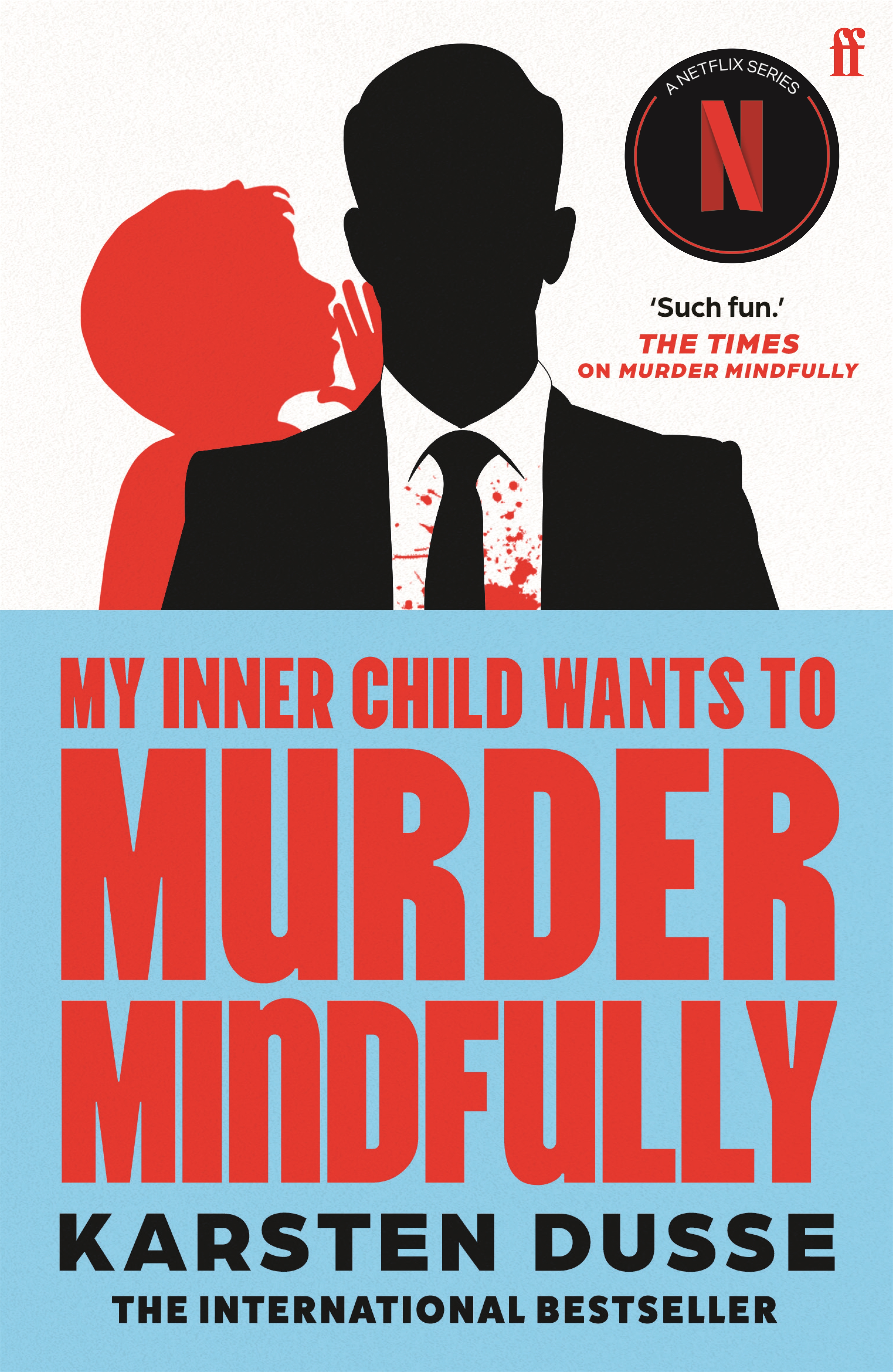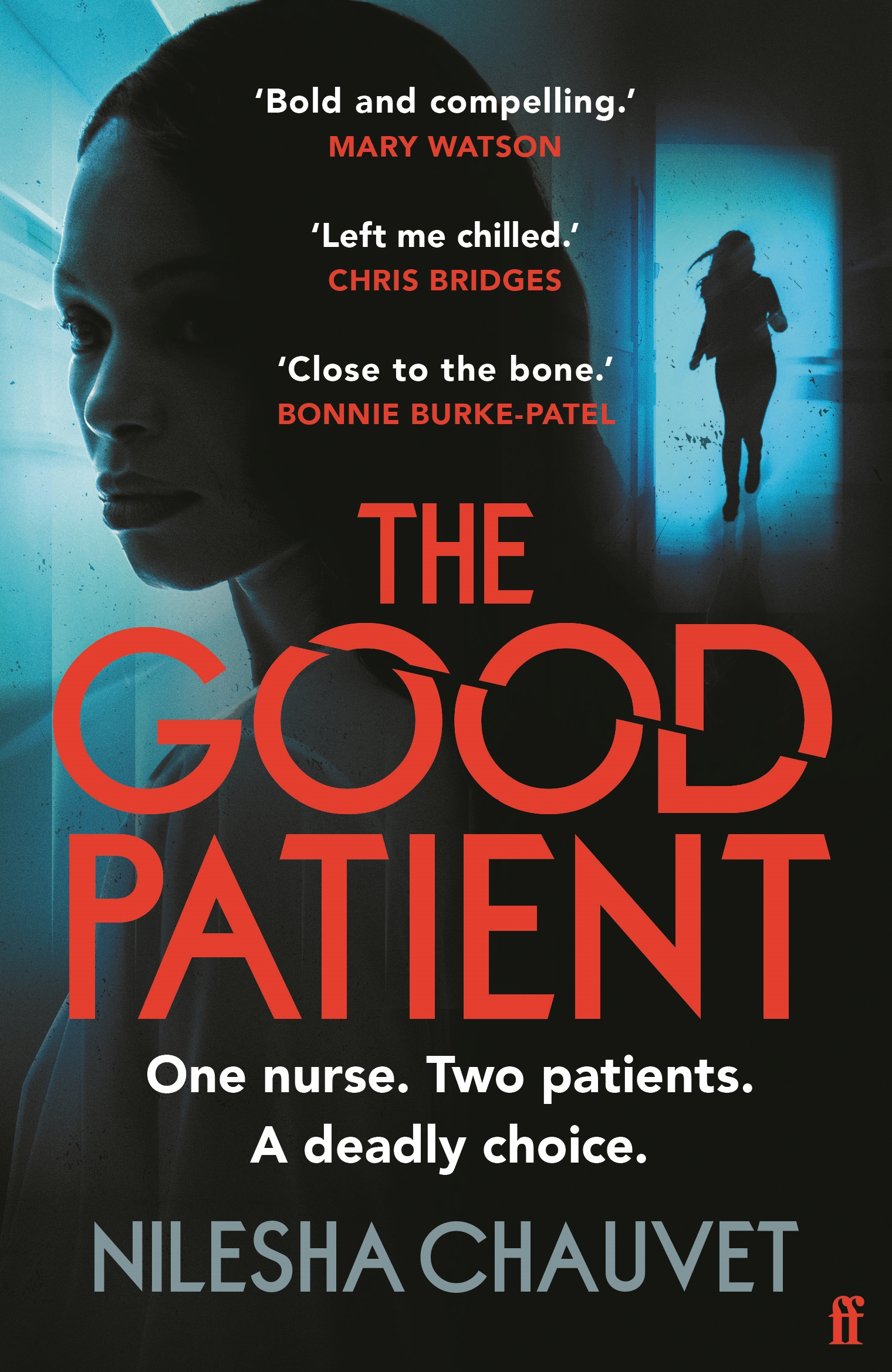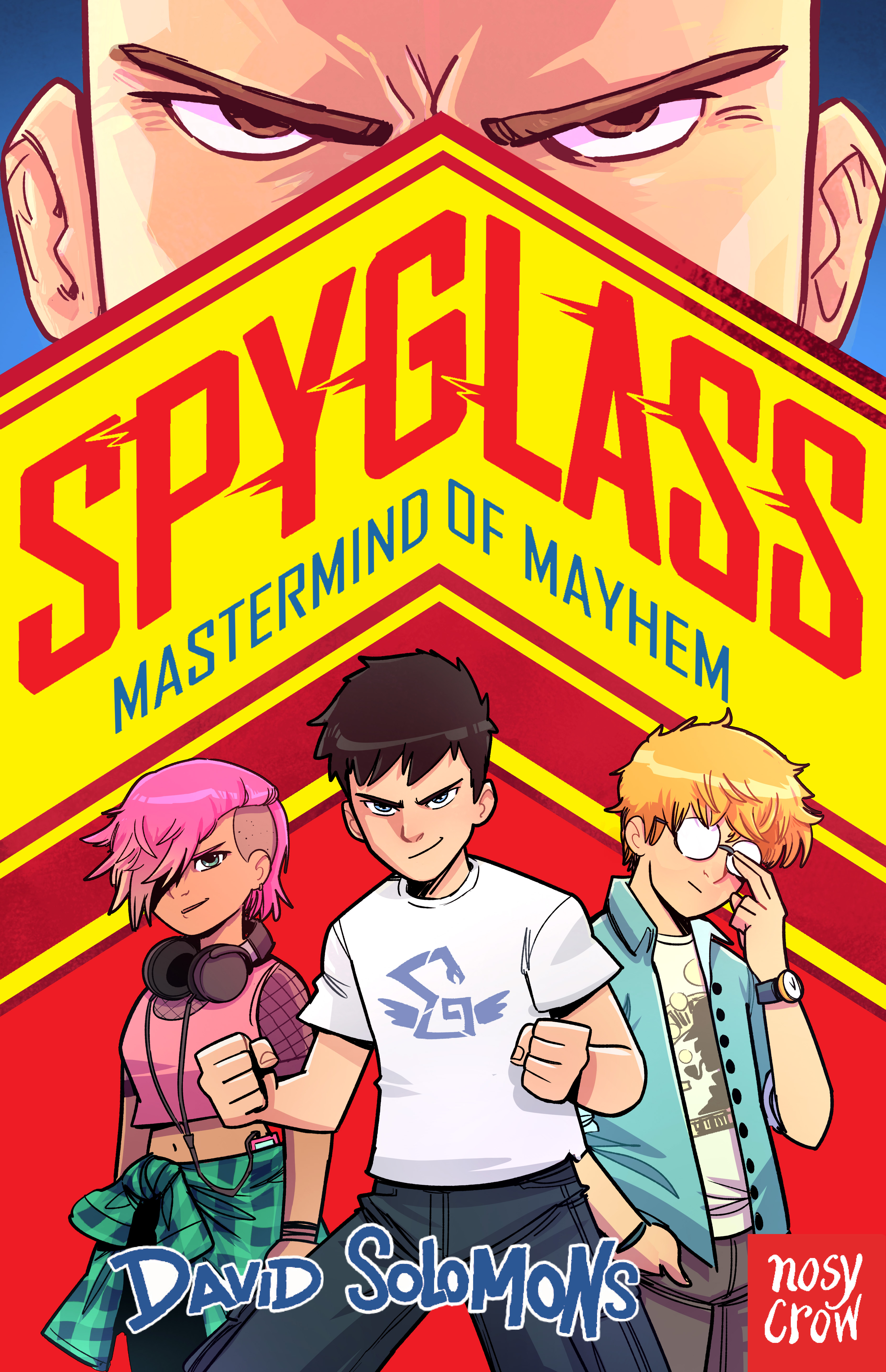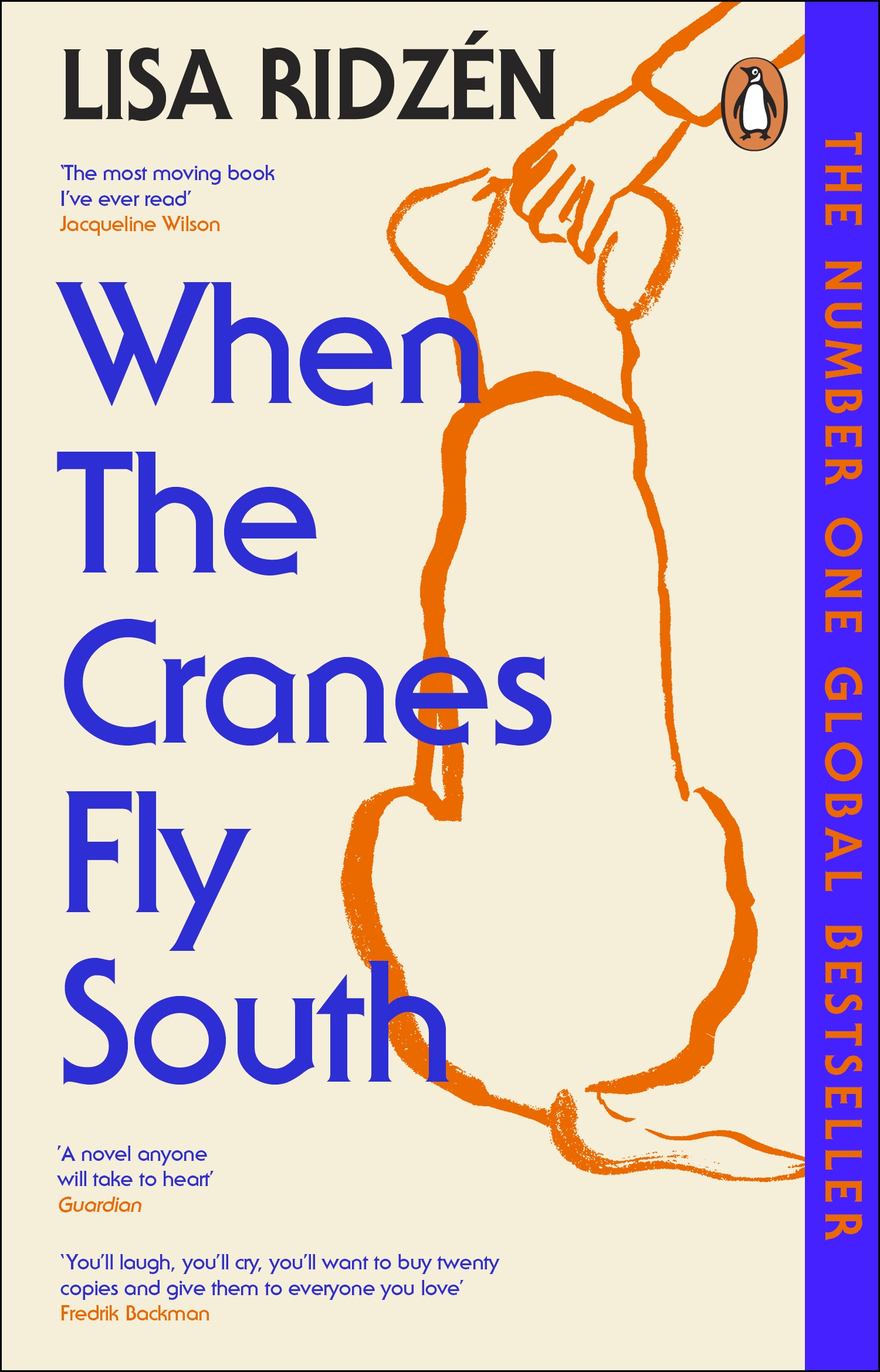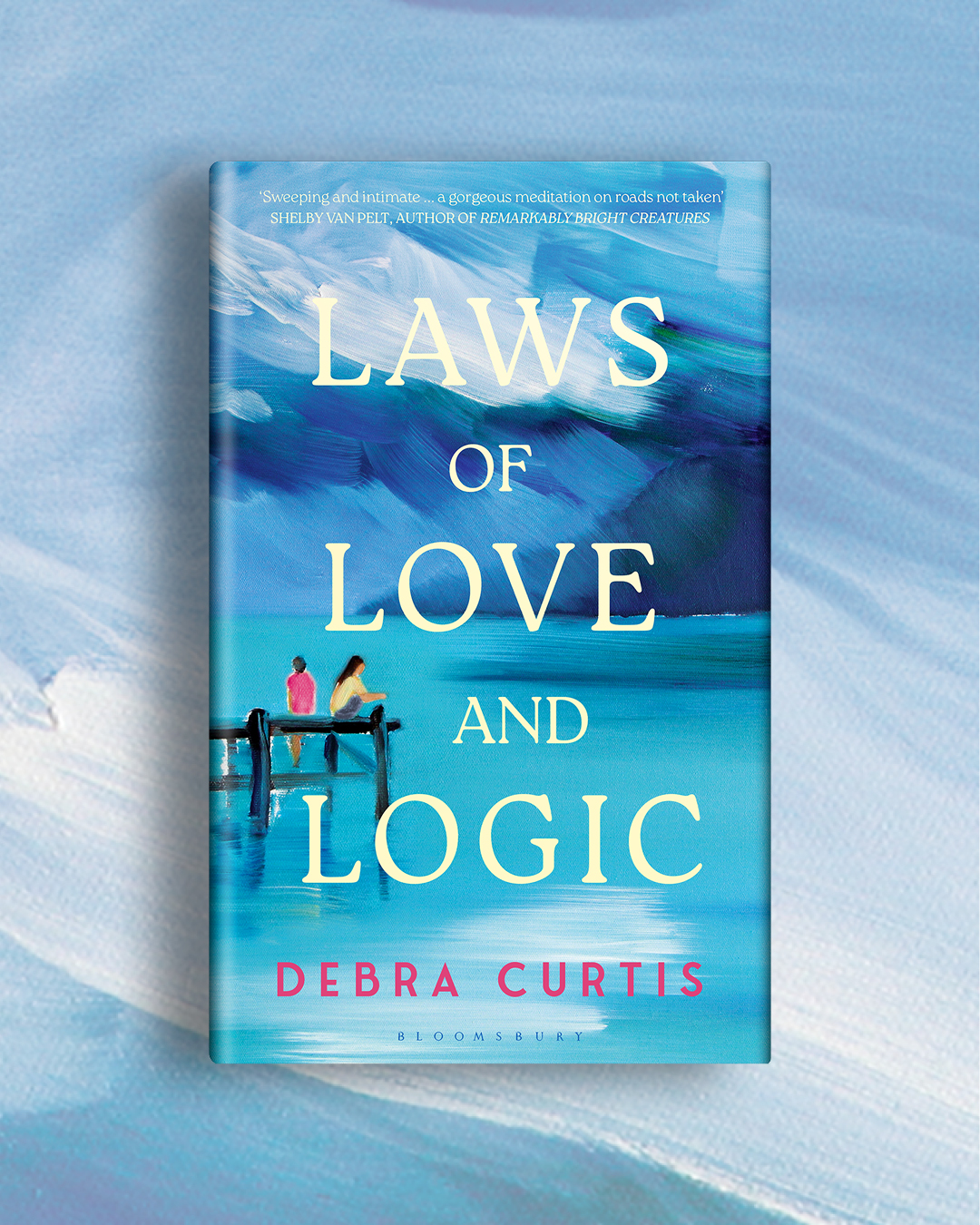Oh William!: From the author of My Name is Lucy Barton
By Elizabeth Strout
avg rating
5 reviews
Find your local library.
Buy this book from Bookshop.org to support The Reading Agency and local bookshops at no additional cost to you.
Bestselling author Elizabeth Strout returns to her beloved heroine Lucy Barton in a luminous novel about love, loss, and the family secrets that can erupt and bewilder us at any time.
Lucy Barton is a successful writer living in New York, navigating the second half of her life as a recent widow and parent to two adult daughters. A surprise encounter leads her to reconnect with William, her first husband – and longtime, on-again/off-again friend and confidante.
Recalling their college years, the birth of their daughters, the painful dissolution of their marriage, and the lives they built with other people, Strout weaves a portrait, stunning in its subtlety, of a tender, complex, decades-long partnership.
TweetResources for this book
Reviews
1 / 2
Review of Oh William
I really enjoyed this book; it is written in easy language and conversationally, but it has depth and is trying to make sense of the human condition and our relationships. It is written as if you are in the confidante of the protagonist Lucy Barton.
It is a very introspective novel; present day events arouse memories and thoughts of past events as Lucy tries to make sense of her life.
In the present-day Lucy is struggling with the loss of her second husband and the solitude that comes with bereavement. Lucy is in contact with her first husband and father of her 2 adult daughters: William and he calls on her for support firstly as he starts to experience night terrors and then suddenly his wife leaves him as she says he is unreachable, and they embark on a road trip to research news that he has a half sister he has never met.
Lucy begins to ponder on how her marriage failed and poignantly describers how she feels her deprived childhood and isolation from her family led to her break with intimacy with William.
Lucy describes feeling a kind of dissociation that never went away before her wedding day. This break with intimacy never healed, William became less happy and closed in small ways, she could see it happen and their lives sat on top of this.
Lucy tells us that when she gave birth to a girl, William said a boy would have been better and something dropped deep inside her. I like her descriptions as they are deeply meaningful.
Lucy left William eventually as a result of his philandering including with intimate friends of Lucy’s, this split impacted on their daughter who developed anorexia at the time. One of the themes of the book is Lucy’s inner feeling of being invisible but her daughter’s actions made her realise that she is not invisible. All actions by the characters are not judged per se by the author, there is a sense of acceptance and clarity.
The sense of invisibility she apports to her isolated, deprived and abusive childhood, which also meant that she grew up with a sense of doom which still sits inside her and is relatable. Lucy is a successful author, but she does not value herself, she lacks self confidence almost to the point of suffering imposter syndrome.
The author is reflecting that it is not enough to build a new sturdier happy life; to truly inhabit new life you must overcome a damaged childhood version of yourself. We also ponder whether William who does not consider himself invisible is also a damaged childhood version of himself.
2 / 2
Lucy describes her courtship with William, she was drawn to him as he has authority which made her feel protected but when she discovered his affair, she said a tulip stem snapped inside me and never grew back. Lucy describes how William made her feel safe and her reckoning is that she doesn't need him to feel safe anymore now after all this time.
Lucy describes times in her marriage feeling happy which are linked to his mum who they had a close bond with but who judged Lucy from coming from nothing from poverty trash, we later discover this is a contradiction as she was hiding her own childhood of cultural and emotional deprivation.
Lucy tells us that loneliness was the first flavour she tasted in her life, and it is still there, from her uncommunicative father, unloving mother, lack of self-awareness is the driver of this novel, the desire to understand her own choices, in a conversation with William he tells her that we rarely make choices, we just follow we don’t know what we just do.
There are class undertones throughout the novel and the author tells us it is impossible to shake off your roots. Lucy and her second husband are depicted as outsiders; like two birds perched on a telephone wire in New York.
The love for her daughters and their stability is the most positive relationship within the book and she is amazed that they love her. Of course, they love William too and support him and another quote that impacts Lucy is when William describes her as a shining light as she never would describe herself that way.
The road trip that William and Lucy went on together helped her answer her own questions. The book is an Internal dialogue, it illustrates how different people are, how they deal with things, their perspective, how we see ourselves, our perception, she concludes that we are all mysterious.
Oh William! by Elizabeth Strout -a review by Liz Slade , member of Chwaeroniaeth book club.
The book gripped me from the beginning. Lucy is a successful novelist, her much loved second husband, David has recently died. Her first husband and father of her children William's third wife has left him and he has recently discovered that he has a half sister still alive living in Maine. Lucy and William set off on a journey to discover more.
The book raises a number of questions on grief, loss, past trauma, poverty, class and authority. It is also a book about the relationships we have with others, what we show of ourselves and who we let in.
The grief Lucy feels on the death of her husband is physical and solitary ........... the terror of it. It is like sliding down the outside of of a really long building, while nobody sees you.'
This triggers her reflections on the relationships she has had with others, in the main William and his mother, her childhood family but interestingly not with David, is this because the grief is too raw or because he is also an outsider?
The feeling of being an outsider, being invisible, not knowing how to act in different social circles is reinforced throughout her life. 'Lucy comes from nothing' Lucy's not knowing what to do in an hotel while on family holiday. This feeling doesn't go away even with all her success. Is this how we all feel when significant changes have happened in our lives? Can we truly move within the class system. We can financially but can we emotionally and in the eyes of others is it feasible? Do we leave behind our family and social networks to truly develop new ones or do we carry with us a feeling of not being good enough? Other than fundamental choices of going into higher education or choosing a job/ career what choices do we make in life or do we deal with what is before us?
Is this just a question of class? If we bring in relationships and emotions it becomes far more complex. William clearly privileged and a different class but with a complex childhood also experienced trauma: his discoveries as a teenager and adult of his mother and father' lives have clearly had an impact on him. They also raise the question do we really know another human being, what they are feeling and who they really are?
Do we really understand others views of us, Lucy didn't know what William felt for her even after marriage, her joy, something Lucy didn't consider. William made Lucy feel safe, but he wasn't aware of this.
The language and structure of the novel felt like a conversation with a friend. Elizabeth Strout's descriptions and words were sparse but effective:
We felt that we were perched like birds on a telephone wire in New York City.
The wish never dies
You never really knew how to pull off a dinner party
William was like my light in the museum, only I had lived my life thinking it was worth something.
I liked the reflective style of the author and will find out about Lucy's journey to Oh William!
Elizabeth Strout and through her, Lucy have raised numerous questions for me about childhood and a child's need for parental love. Poverty and its impact on lives, the poverty of aspiration and the feelings of invisibility. How do we as a society and as individuals help bring about change. Grief, the individuality of it, our inability to share it. How do we support those who grieve?
I have missed not being at bookclub being involved in the various discussions; what's app and emails have been challenging but I'm looking forward to catching up with them all in the next few weeks.
Get Outlook for Android
Oh William! by Elizabeth Strout – Review By Steph, member of Chwaeroniaeth Book Club
The book had me gripped from the first page to the last line.
I found it easy, to immerse myself in Lucy Barton’s voice. There was something in every page that resonated with me. The joy of exploring this story with other book cub members came from discovering perspectives that were similar, different and sometimes quite the opposite of mine.
The two aspects that spoke to me the loudest were: the need to be heard, known, and understood, linked with the need to belong and have a sense of place and purpose – so fundamental to our humanity, and so often fraught with misunderstanding, tension and conflict, as we seek to accept and feel comfortable in our own skins while often needing validation from others to achieve this.
Lucy’s voice is the most authentic I have ever come across that captures this, exploring very sparingly what lies at the heart of being human with all its flaws and frailties, including:
material and emotional deprivation, as well as nurturing and nourishing influences, from our childhood, formative years, and all through (adult) life, power, privilege and entitlement, in our relationships and communication with one another, as well as systemic influences of class, race, religion, gender
“How many times does a person really choose something?...I have thought about this a lot and I would like to know – I really would like to – when does a person actually choose anything?”
Lucy’s story is triggered by the death of her second husband, David (from a Hassidic Jewish community), and the reaching out of her first husband, William (privileged but complex background), as he experiences loss and turmoil.
As Lucy takes us on her journey, one feels this is the opportunity she has been waiting for, and needs, to give voice to her inner dialogue, all the thoughts, feelings, observations largely left unspoken and unheard, the slights, the criticisms, the judgements, the thoughtlessness of others, which she feels so profoundly.
Elizabeth Strout executes this brilliantly with her stripped back, sparing style that reinforces Lucy’s sense of being an imposter, a stranger in your midst, invisible, excluded, never belonging, in her constant quest for “safety” and “authority” . Interestingly, New York gives her this:
“ …a sense of awe and gratitude that this huge, sprawling place had taken me in – had let me live there.” Even this is not unequivocal, she needs permission, she is not entitled.
It is clear she is telling her story at a time of pain and reflection; her narrative conveys so much of the hurt and sadness she has experienced, all the more poignant because she does not invite sympathy, pity. There is little joy.
It is the same – and perhaps even more illuminating – when she shares the few but significant observations and comments made by others. In so doing, I found myself at times questioning my collusion with her subjective experience.
From her reflections, there is so much to dislike about William. And yet, he is Hansel to her Gretel (until he isn’t anymore); he has “authority”, provides her with “safety”. It is through HIS lens we are able to see Lucy in a very different way to the way she sees herself.
The listener is left to filter and interpret Lucy’s personal and subjective account, and I think, invites us to listen with kindness and compassion, as we realise that everyone has a story, only some of which is shared (consciously or not). Much remains hidden, even to ourselves, and so, we should accept that we are flawed and frail: “Whoever really knows the experience of others…We are all mysteries, is what I mean.”
Oh William! by Elizabeth Strout -a review by Liz, member of Chwaeroniaeth book club.
The book gripped me from the beginning. Lucy is a successful novelist, her much loved second husband, David has recently died. Her first husband and father of her children William's third wife has left him and he has recently discovered that he has a half sister still alive living in Maine. Lucy and William set off on a journey to discover more.
The book raises a number of questions on grief, loss, past trauma, poverty, class and authority. It is also a book about the relationships we have with others, what we show of ourselves and who we let in.
The grief Lucy feels on the death of her husband is physical and solitary... the terror of it. It is like sliding down the outside of of a really long building, while nobody sees you.'
This triggers her reflections on the relationships she has had with others, in the main William and his mother, her childhood family but interestingly not with David, is this because the grief is too raw or because he is also an outsider?
The feeling of being an outsider, being invisible, not knowing how to act in different social circles is reinforced throughout her life. 'Lucy comes from nothing' Lucy's not knowing what to do in an hotel while on family holiday. This feeling doesn't go away even with all her success. Is this how we all feel when significant changes have happened in our lives? Canwe truly move within the class system. We can financially but can we emotionally and in the eyes of others is it feasible? Do we leave behind our family and social networks to truly develop new ones or do we carry with us a feeling of not being good enough? Other than fundamental choices of going into higher education or choosing a job/ career what choices do we make in life or do we deal with what is before us?
Is this just a question of class? If we bring in relationships and emotions it becomes far more complex. William clearly privileged and a different class but with a complex childhood also experienced trauma: his discoveries as a teenager and adult of his mother and father' lives have clearly had an impact on him. They also raise the question do we really know another human being, what they are feeling and who they really are?
Do we really understand others views of us, Lucy didn't know what William felt for her even after marriage, her joy, something Lucy didn't consider. William made Lucy feel safe, but he wasn't aware of this.
The language and structure of the novel felt like a conversation with a friend. Elizabeth Strout's descriptions and words were sparse but effective:
We felt that we were perched like birds on a telephone wire in New York City.
The wish never dies.
You never really knew how to pull off a dinner party
William was like my light in the museum, only I had lived my life thinking it was worth something.
I liked the reflective style of the author and will find out about Lucy's journey to Oh William!
Elizabeth Strout and through her, Lucy have raised numerous questions for me about childhood and a child's need for parental love. Poverty and its impact on lives, the poverty of aspiration and the feelings of invisibility. How do we as a society and as individuals help bring about change. Grief, the individuality of it, our inability to share it. How do we support those who grieve?
I have missed not being at bookclub being involved in the various discussions; what's app and emails have been challenging but I'm looking forward to catching up with them all in the next few weeks.
Oh William! by Elizabeth Strout - a review by Jayne, member of Chwaeroniaeth book club.
I really enjoyed this book; it is written in easy language and conversationally, but it has depth and is trying to make sense of the human condition and our relationships. It is written as if you are in the confidante of the protagonist Lucy Barton.
It is a very introspective novel; present day events arouse memories and thoughts of past events as Lucy tries to make sense of her life.
In the present-day Lucy is struggling with the loss of her second husband and the solitude that comes with bereavement. Lucy is in contact with her first husband and father of her 2 adult daughters: William and he calls on her for support firstly as he starts to experience night terrors and then suddenly his wife leaves him as she says he is unreachable, and they embark on a road trip to research news that he has a half sister he has never met.
Lucy begins to ponder on how her marriage failed and poignantly describers how she feels her deprived childhood and isolation from her family led to her break with intimacy with William.
Lucy describes feeling a kind of dissociation that never went away before her wedding day. This break with intimacy never healed, William became less happy and closed in small ways, she could see it happen and their lives sat on top of this.
Lucy tells us that when she gave birth to a girl, William said a boy would have been better and something dropped deep inside her. I like her descriptions as they are deeply meaningful.
Lucy left William eventually as a result of his philandering including with intimate friends of Lucy’s, this split impacted on their daughter who developed anorexia at the time. One of the themes of the book is Lucy’s inner feeling of being invisible but her daughter’s actions made her realise that she is not invisible. All actions by the characters are not judged per se by the author, there is a sense of acceptance and clarity.
The sense of invisibility she supports to her isolated, deprived and abusive childhood, which also meant that she grew up with a sense of doom which still sits inside her and is relatable. Lucy is a successful author, but she does not value herself, she lacks self confidence almost to the point of suffering imposter syndrome.
The author is reflecting that it is not enough to build a new sturdier happy life; to truly inhabit new life you must overcome a damaged childhood version of yourself. We also ponder whether William who does not consider himself invisible is also a damaged childhood version of himself.
Lucy describes her courtship with William, she was drawn to him as he has authority which made her feel protected but when she discovered his affair, she said a tulip stem snapped inside me and never grew back. Lucy describes how William made her feel safe and her reckoning is that she doesn't need him to feel safe anymore now after all this time.
Lucy describes times in her marriage feeling happy which are linked to his mum who they had a close bond with but who judged Lucy from coming from nothing from poverty trash, we later discover this is a contradiction as she was hiding her own childhood of cultural and emotional deprivation.
Lucy tells us that loneliness was the first flavour she tasted in her life, and it is still there, from her uncommunicative father, unloving mother, lack of self-awareness is the driver of this novel, the desire to understand her own choices, in a conversation with William he tells her that we rarely make choices, we just follow we don’t know what we just do.
There are class undertones throughout the novel and the author tells us it is impossible to shake off your roots. Lucy and her second husband are depicted as outsiders; like two birds perched on a telephone wire in New York.
The love for her daughters and their stability is the most positive relationship within the book and she is amazed that they love her. Of course, they love William too and support him and another quote that impacts Lucy is when William describes her as a shining light as she never would describe herself that way.
The road trip that William and Lucy went on together helped her answer her own questions. The book is an Internal dialogue, it illustrates how different people are, how they deal with things, their perspective, how we see ourselves, our perception, she concludes that we are all mysterious.
Oh William! by Elizabeth Strout – Review Heather member of Chwaeronaeth Book Club
This was a lovely read.
Lucy’s voice gently and gradually unfolds into examination of the life of the characters ( her family). Lucy is a divorced and widowed woman reflecting on the emotional and economic poverty of her childhood and how this has shaped her and overshadows her current successful career. Family centres on her ex-husband and their two daughters, and the ongoing, decades long relationship with William and the revelations of his past is the core of the book.
Themes of class, poverty, love, loss, safety, family secrets run through the narrative without judgement. It feels as though Lucy is speaking to the reader.
Overall Review by the Swansea, Chwaeroniaeth book club for the #BookerBookClubChallenge
Only one member of our club selected Oh William! on completion of the quiz. This would not have been our club’s choice, and we are curious to know why we were allocated this book, what informed the judges’ decisions to allocate which books to which clubs.
Having said this, we approached the task of reading and reviewing Oh William! with fervent vigour and were rewarded for doing so. All of us found the book accessible and interesting (if not “enjoyable”); we all identified common themes that resonated with our own personal stories and experiences. All of us without exception would recommend this book to others.
We join Lucy on her road trip with William, her first husband, father of their two grown daughters, and who finds himself at a crossroads and in need of Lucy’s support. We accompany Lucy as she reflects on her past and present, as she is suffering intense grief after the recent death of her beloved second husband, David. The book is a definite page turner, not for its plot, but in our curiosity to listen to Lucy’s voice as she lets us into her intimate inner dialogue and allows us to be party to her disconnectedness, invisibility, and exclusion. From the first page to the last line one cannot help but become totally immersed.
ES delivers a brilliantly executed and profound punch to readers’ understanding and interpretation of personal identity and loss, how these interface with systemic themes of class and gender, and how our personal lenses and filters shape our unique personalities, world views, perceptions of ourselves and others. ES goes further and makes us question how we are perceived by others – there are some definite curve balls in this intimate narrative, reminding us that we should not always collude Lucy’s version of herself or others.
Where we differed in our reading and interpretation, was in the emotional responses triggered in us, by the story, the writing style, and the protagonists. This is perhaps the intended effect of ES’s spare writing style, and the different voices she assigns to the protagonists, (including the complete omission of David’s voice, whose presence is nonetheless keenly felt). ES keeps the reader in check reminding us that whatever the bonds that tie us together we remain individually unique and distinct. “We are all mysteries.”
There was significant discussion about the protagonists; with Lucy we were left wondering about her motivation for sharing her inner dialogue: is she searching for pity and rescue, therapy and resolution, a friend and confidante, an impartial listener who will not judge? We all felt and understood Lucy’s hurt, her pain, her grief; some of us struggled with her passive submission to “authority”, her inability to celebrate her achievements (personal and professional) and accept her own self worth.
There was considerable dislike for – if not anger - aroused by William and his mother Catherine, their seeming sense of entitlement and privilege and how they shape a suggestible, easily influenced, and vulnerable Lucy. The curve balls alluded to did not help mitigate these feelings among some of us who retained an intense unforgiving dislike for them. Others among us felt that William and Catherine deserved some compassion for the hurts and pain they had experienced; they had developed their own and different survival strategies facilitated perhaps by a material affluence bestowing a confidence and sense of entitlement that will never be Lucy’s experience.
Whatever our differences, we all agreed and appreciated the sensitive and nuanced narrative that ES portrays, enhancing our understanding and acceptance of our flawed humanity.
The main topics and themes identified by all members included: identity, the nature of human relationships and communication, especially between family and intimate partners, the profound and long lasting impact of trauma and conflict experienced in childhood on the individual and others, the influence and impact (good or bad) of significant others, the nature and importance of self worth and validation: needing to matter, be needed, make a difference, have our needs met.
This extended into wider political, cultural, sociological and philosophical discussions about emotional and material poverty and deprivation, class and power, the (micro and macro) structures and systems that reinforce or are intended to overcome these divisions eg: the institution of marriage and tradition of the nuclear family.
There was some reflection that the story can be seen as self indulgent, narcissistic, focused and pre-occupied with the introspective self – of interest only to first world readers. However, this was dismissed on the basis that so many of the personal themes are so cleverly interwoven with bigger questions, and while singling out “white trash” as something specific and peculiar to the US, there are similar concepts and realities the world over. The story conveys fundamental truths and realities about humanity, wherever we come from.
The beauty of a club is that it brings books to you that you would not normally pick up to read, oh William by the talented Elizabeth Strout was in my case one of these. Its written style was conversational and personal making it a very open accessible read for all. The book is in Lucy's voice and covers her relationship with others in her family presents how the past is never truly past, the lasting effects of trauma, and the importance of trying to understand other people despite their essential mystery.
William and Lucy's relationship and class in America are core to the storyline. The setting is in her beloved New York where Lucy and Williams lives are drawn back together because of his night terrors. This reconnection is during a period of grief and loneliness for both, Lucy has lost her adored husband David and William has been left high and dry by another wife, whilst his career takes an unwelcome slide, within this setting Lucy agrees to accompany William on a road trip to find an unknown sister.
During the trip much is revealed including Catherine’s ‘dirt poor’ background. In the book Lucy says she loved her late mother-in-law, who recognized Lucy’s poor upbringing and took her under her wing — even though Catherine told friends, "This is Lucy, Lucy comes from nothing." We all, come from something! how was this not challenged by anyone? I found this really shocking, Is this the American Dream ? Poverty does not always mean a lack of love support, guidance however this was Lucy's experience. The sense of shame in the book and the need to hide your upbringing is a sad reflection on any society. I was disappointed that Lucy never revels in her own success as she felt that she did not deserve any because of where she was from, even more reason to call it from the rooftops, in my opinion.
Did Lucy really love Catherine? When Catherine made her do things Lucy had no interest in? “Catherine bought me clothes, frequently clothes she liked” Or was Lucy always looking for the mothering she never had?
For me Lucy's relationship with her daughters was a triumph, given her lack of self esteem and belief in her own achievements which given her background her abusive mother and damaged father, her post traumatic shock diagnoses was a significant achievement.
When on the trip with William she commented on the children living within the Amish community comparing it with the insularity of her earlier life and the pity she felt for the children forced into that way of life, “I mean I cant stand it because those kids don’t have a chance” what did she mean by this no chance to leave an insular community, as she had finding success, or did she mean that like her they would never leave their isolated past behind, that it would forever haunt them.
In my mind my favourite character was Lucy's saviour who wasn’t William or Catherine it was Mrs Nash her school counsellor ‘from the moment I got into Mrs Nash's car my life changed’. ‘I will aways .. Oh always love that woman’
If only every young person who needed an intervention in their life had found a Mrs Nash, this resonated with interventions in my own life.
How did the book make me feel? At different moments intrigued, angry, sad, reflective of my own past relationships and how they began and ended. The feeling of being an outsider when first starting work surrounded by people from very different backgrounds to my own, but also feeling fiercely proud of what I had achieved which I think was my disappointment in Lucy.
The book made me want to find out more on how poverty was viewed in American society in comparison to how we perceive it on this Island of Britain. The book as you can see left me with many more questions than answers.
I do think that as the third book in the Amgash series that some context as to how Lucy came to be in the place where she was in this book was lost even though Lucy would give some basic info but then was followed by “I've written in depth about this elsewhere”.
Would I recommend this book ? This is a fine book club read ripe for discussion, and opposing views on what makes a healthy relationship or not and how where you ‘come from’ shapes you for better or worse


